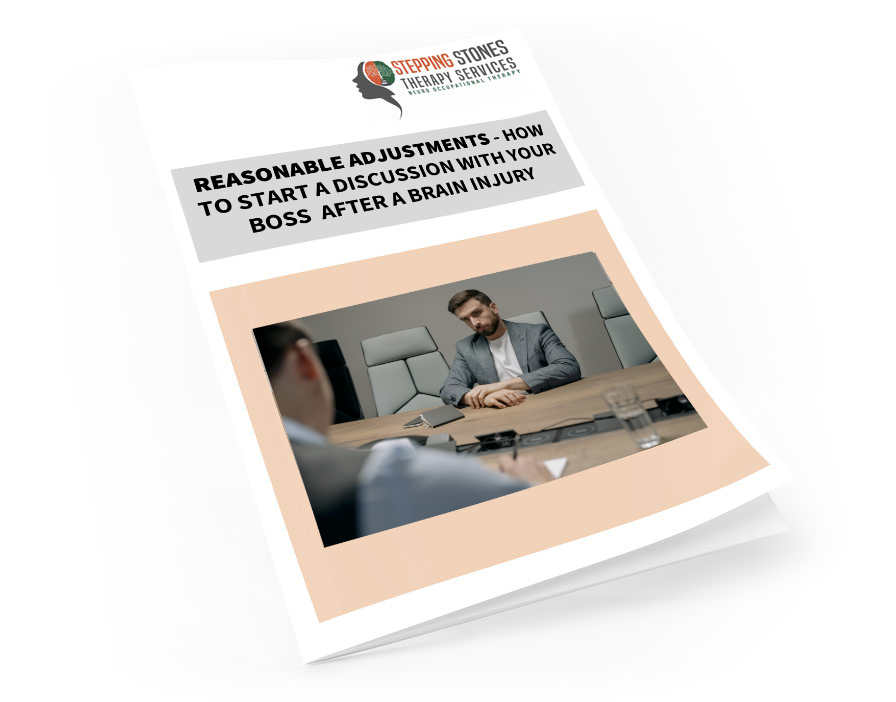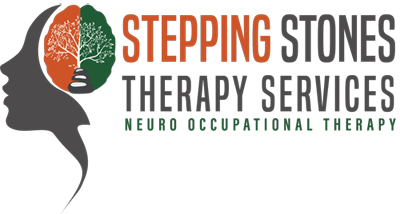
Peter’s situation
Peter contacted me after he left hospital due to a stroke. The hospital had arranged for Peter to have 6 weeks of NHS home- based rehabilitation. Peter felt that, whilst those 6 weeks had been helpful, it was not long enough to be able to recover to his full potential.
How I helped
Following a full assessment, I put together a list of goals that Peter wanted to achieve. Peter also wanted to have structure and routine to his week, both at home and in the local community. He wanted to be able to use public transport alone.
I developed a timetable of Peter’s interests, including gardening and going to the gym. To get Peter back to the gym I accompanied him to a few sessions. I encouraged Peter to join a community gardening project so he could regain one of his interests, with the support of others.
The positive impact on Peter’s life
Peter’s strength improved by going to the gym and through learning to use gardening equipment that had been adapted to suit his needs. At the community gardening project, he was delighted to be able to grow food which he could take home to his family. He learnt new travel routes on public transport, and he felt more self-confident, independent and fulfilled.

Wendy’s situation
Wendy contacted me 18 months after she had been involved in a car accident. She had suffered a brain injury. Whilst she had received some rehabilitation, after initially leaving hospital, she felt she needed some extra support to help her secure a new job.
How I helped:
I reviewed Wendy’s work history in detail. I identified her transferable skills and current interests. She had always worked in administration and was keen to get back to that, but not in a full-time role due to the level of fatigue she experienced. I linked Wendy up with a charity where she could volunteer 4 hours a week in an administration role.
The positive impact on Wendy’s life
Wendy gained confidence quickly and was able to gain some current work experience to bring her CV up to date. Following this work experience her confidence in the workplace dramatically improved and she became more confident to attend interviews. She felt “job ready”.

Mark’s situation
Mark experienced an injury at work which caused a severe brain injury. His case manager contacted me after he was discharged from hospital.
How I helped
I quickly became part of a multi-disciplinary team of health professionals, such as Physiotherapists, Speech and Language therapists and Psychologists, helping Mark. I provided continued support at home, working alongside his support workers. I helped Mark re-learn basic life skills including washing, dressing and cooking. Later on, in his recovery I helped him secure a volunteering role with the help of support workers.
The positive impact on Marks’s life
Mark’s self-esteem increased substantially during the time I worked with him. Following some time working as a volunteer, Mark was able to gain confidence to start looking for a more permanent role and rediscover his passion for the sports industry.
Sign up to receive our FREE GUIDE on returning to work after a brain injury and asking your employer for "Reasonable adjustments".

